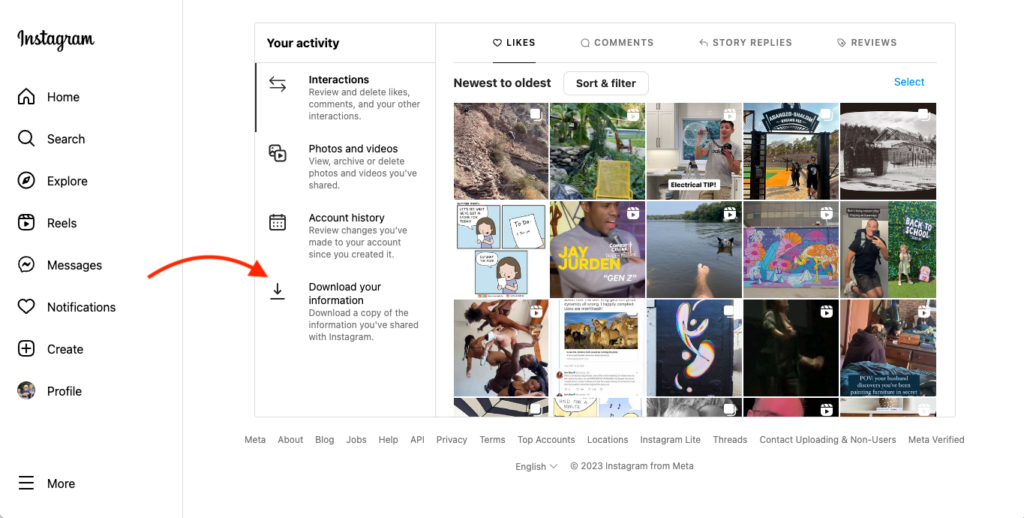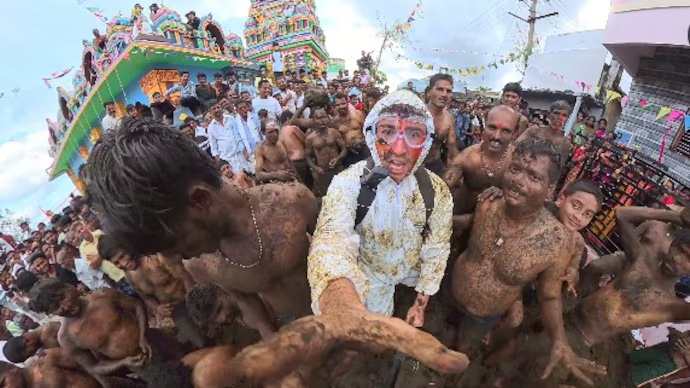Now Reading: The Rise of “Fake Positivity” Online
-
01
The Rise of “Fake Positivity” Online
The Rise of “Fake Positivity” Online

Social media is filled with motivational quotes, cheerful posts, and overly optimistic content, but much of it hides a deeper issue: fake positivity. In Tier 2 cities across India, where online communities are growing rapidly, people are increasingly exposed to content that encourages smiling through struggles rather than addressing real emotions. This can create pressure to appear happy at all times, even when life is challenging.
One reason fake positivity spreads is social expectation. Posting cheerful updates or inspiring quotes signals success and resilience, earning likes and validation. People may feel compelled to hide struggles to maintain this image, leading to emotional suppression.
Another factor is algorithmic amplification. Platforms prioritize content that generates engagement, often favoring feel-good posts over honest discussions about difficulties. This reinforces the notion that happiness is constant and attainable without effort or reflection.
Fake positivity can have unintended consequences. Individuals may feel isolated when their own struggles don’t match the online narrative, increasing stress and anxiety. In smaller cities, where discussions around mental health are still emerging, this pressure can be particularly harmful.
Ultimately, acknowledging real emotions alongside optimism is healthier than maintaining a façade of constant happiness. Embracing authenticity allows people to process challenges, connect genuinely, and foster meaningful resilience both online and offline.

























